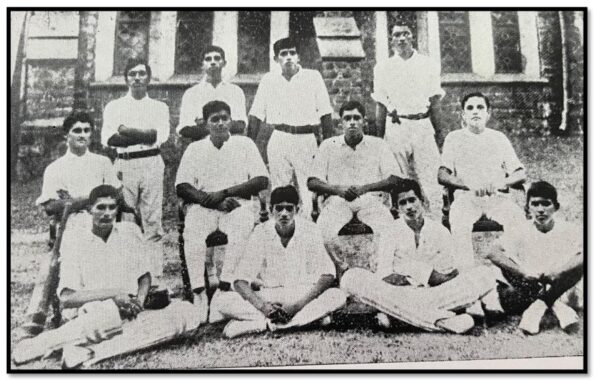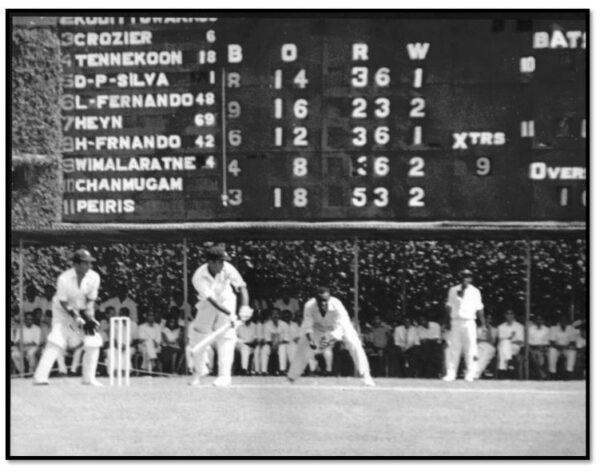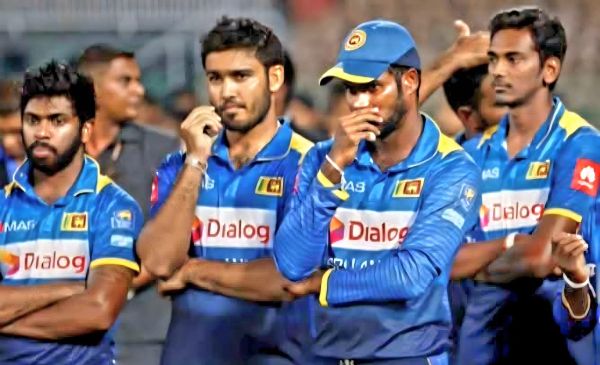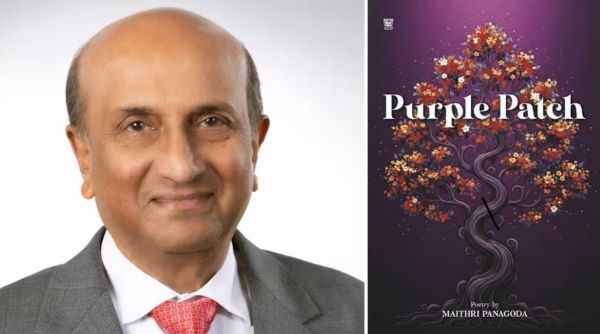The Legendary P. Sara – Paikiasothy Saravanamuttu 75th Death Anniversary (28th May 2025) – By Ravi Rudra

Mr. P. Saravanamuttu, known as P. Sara, passed away on the 28th May, 1950, an untimely death at the age of 58 after a remarkable career in the Ceylon Civil Service and after an abiding and dedicated contribution to the development of cricket in Sri Lanka.
- Saravanamuttu had a long and notable connection with S. Thomas’ College, Mount Lavinia. He was the son of Dr. Vetharaniam
Saravanamuttu, a physician from Colombo, and was the fourth of six
brothers – all of them over 6 feet in height and had distinguished careers at S. Thomas’. He also had two sisters.
They were an outstanding Jaffna Christian family from Chunnakam where P. Saravanamuttu’s grandfather, Vetharaniam was a highly respected leader of the people.
- Sara was a top sportsman at S. Thomas’ College an outstanding student, winning the highest prizes in Classics, English, Mathematics and the much coveted Victoria Gold Medal for the best student of the year. He excelled at games, winning his colours in athletics, football and cricket and also the shield for a consistently outstanding batting performance.
- Sara represented College at 1stXI Cricket for three years (1910 – 1912). Batting at Number 3 in the 1911 Royal-Thomian he helped STC win the Big Match with scores of 35 & 40 runs, winning the F. L. Goonewardene Batting Shield. He repeated the award in 1912 – batting at Number 4, in another low-scoring match with 24 & 34 runs.
1911 – STC 1st XI Team

Seated (L-R): V.A. Rode, P. Saravanamuttu, E. Wanduragala (Capt.), W.L. Leembruggen.
Standing (L-R): C. Tennekoon, R. Hallock, E.M. Phillips, W.T. Ellawala. On Ground (L-R): Geo de Saram, C. Wanduragala, A.S. de Loos, S.F. Tissera.
(photo courtesy of: Mr. L.A.H. Arndt)
After a very distinguished career at S. Thomas’ during which he won almost every prize that was awarded, he entered Fitzwilliam Hall,
Cambridge to prepare for the Indian Civil Service, but was forced by unfortunate family circumstances to return to Ceylon without receiving a degree.
He was a graduate of the University of London and a teacher at Royal College for a short time. When teaching at Royal, he had the habit of walking up and down between the rows of desks whilst teaching Latin Grammar and English Literature. He noticed a particularly mischievous
student who was up to pranks behind his back. When he next passed him with the text in hand, he lifted the boy off the chair with his powerful
right hand and dashed him on the seat. The boy so punished was J.L.
Kotelawala (affectionately called “Just Like Kalu Dodol“) who, later in life, became Prime Minister of this country – Sir John Lionel Kotelawala.
On his return from UK he passed first in the Ceylon Civil Service and served for a number of years as Government Agent of a number of provinces in the island. His friend D. S. Senanayake appointed him as Tea Controller. Tea Commissioner, Rubber Controller and Rubber
Commissioner, four posts he held concurrently with distinction. ‘The annual turn-over from P. Sara’s departments was said to be twice the average revenue of the Ceylon Government.’
He was one of the few who accompanied Hon. D. S. Senanayake to Whitehall for consultations during the War.
Although his remuneration was second only to that of the British Governor P. Sara did not accept any Imperial honours and he politely declined the CMG conferred on him in 1945 for his many services rendered to the war effort.
- Sara was a loyal Thomian who never forgot his alma mater. He was a strong support to Warden R. S. de Saram during the war years in
particular when the College was expanded to Gurutalawa. He provided a Fire Engine for use at Gurutalawa and since the school was 8 miles from the closest railway station in Welimada he donated a 26-seater bus for the use of staff and students.
- Sara served concurrently as Secretary of the Old Boys’ Association from 1940 to 1945 and as a respected member of the College Board of Governors.
After the War and the subsequent return to Mount Lavinia, P. Sara’s contribution to the school was recognised when a portrait of him was
hung in the College Hall. Apart from his services to the nation and to his alma mater P. Sara contributed to one more sphere of Ceylonese life and culture – Cricket, a game in which he had enjoyed a distinguished career at S. Thomas’.
Introduced to S. Thomas’ by the Founder, cricket was, as it is now, an integral part of the Thomian ethos and this must certainly have influenced
- Sara whose contribution to the game was phenomenal. He was uncontested Head of the Ceylon Cricket Association and became the first President of the Board of Control for Cricket in Ceylon, a post he held for a consecutive period of thirteen years (1937 to 1950).
The Colombo Oval built at the height of the Second World War is the lasting testimony to his contribution to the development of the game.
As a young member of the Tamil Union, when their grounds were at Campbell Park, P. Sara always felt that they needed a bigger place to expand their activities. He realized his ambition when he found what appeared to be a marsh at Wanathamulla that could be converted into a beautiful playing field. Away from the hustle and bustle of the city, the ground could be developed to international standards. He supervised the work day and night and produced the Colombo Oval.
The Tamil Union (and Sri Lanka Cricket) owes a permanent debt to him because it was mainly his vision and hard work as an official of the Tamil Union that laid out and created the magnificent Colombo Oval to make it the best ground in Ceylon at that time. A great tribute to his memory is the present attempts to restore his life’s work to its pristine glory.
In 1943 the Royal – Thomian Cricket Match was played for the first time at the Oval and he was responsible for having the Grounds ready for the event. It was to remember him that the Board offered the trophy named after him for the Division I Cricket Tournament.

In tribute to him the Oval was renamed the P. Saravanamuttu Stadium in 1977 and until recently the most prestigious domestic Club Cricket tournament in Sri Lanka was played for the P. Saravanamuttu Trophy
inaugurated in 1951. Esto Perpetua!
(compiled by Ravi Rudra – 28.05.2025)
Sources:
- “He gave of his best, but died a disillusioned man”. The Sunday Times (Sri Lanka). 28 May 2000.
- The Saravanamuttu Prize at Thomas’ College – by Rev. Marc Billimoria – Daily News – Friday, 13 August 2004.
*STC College Magazine




















